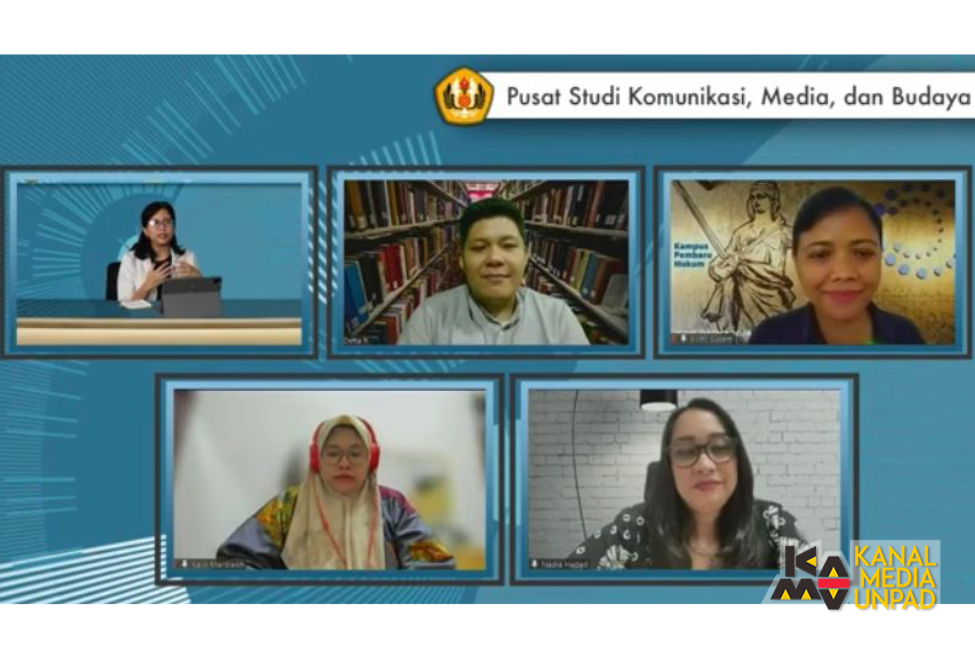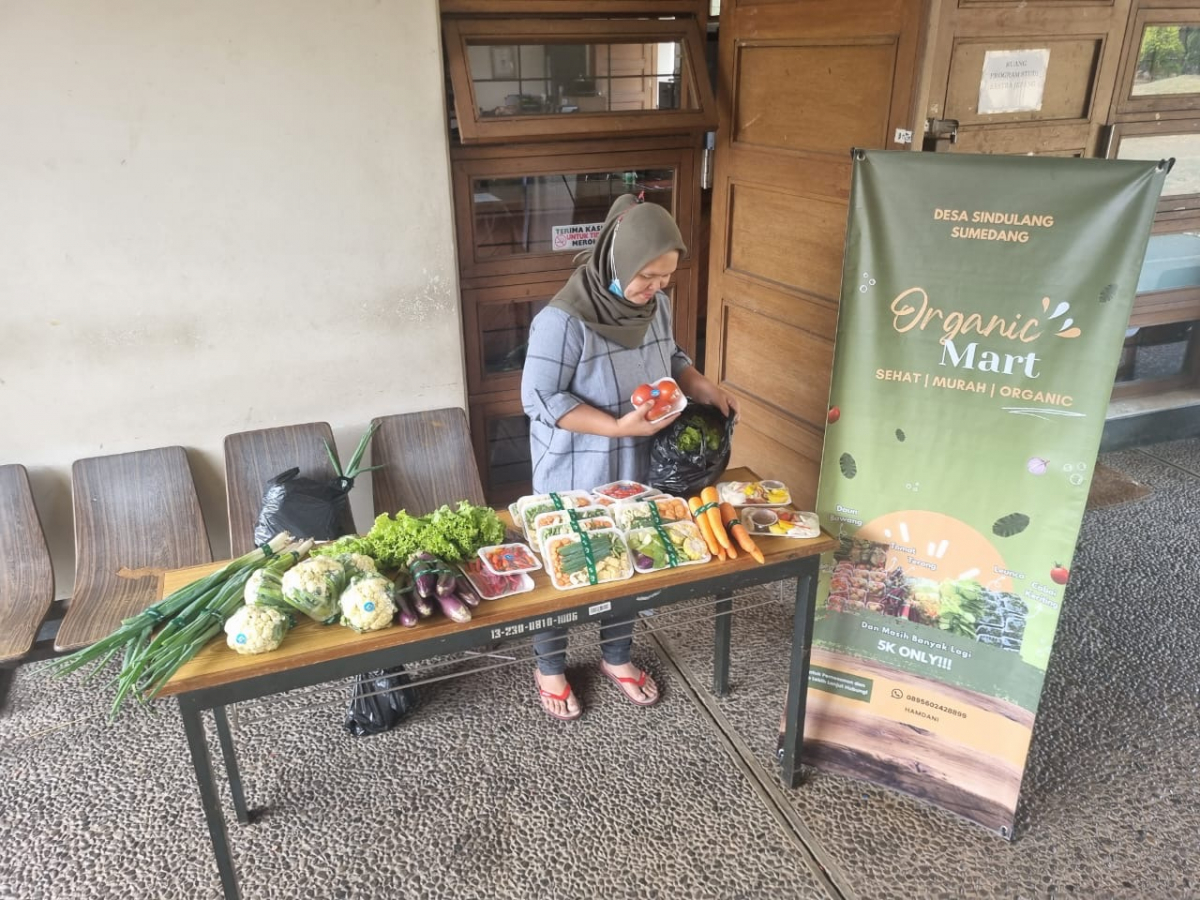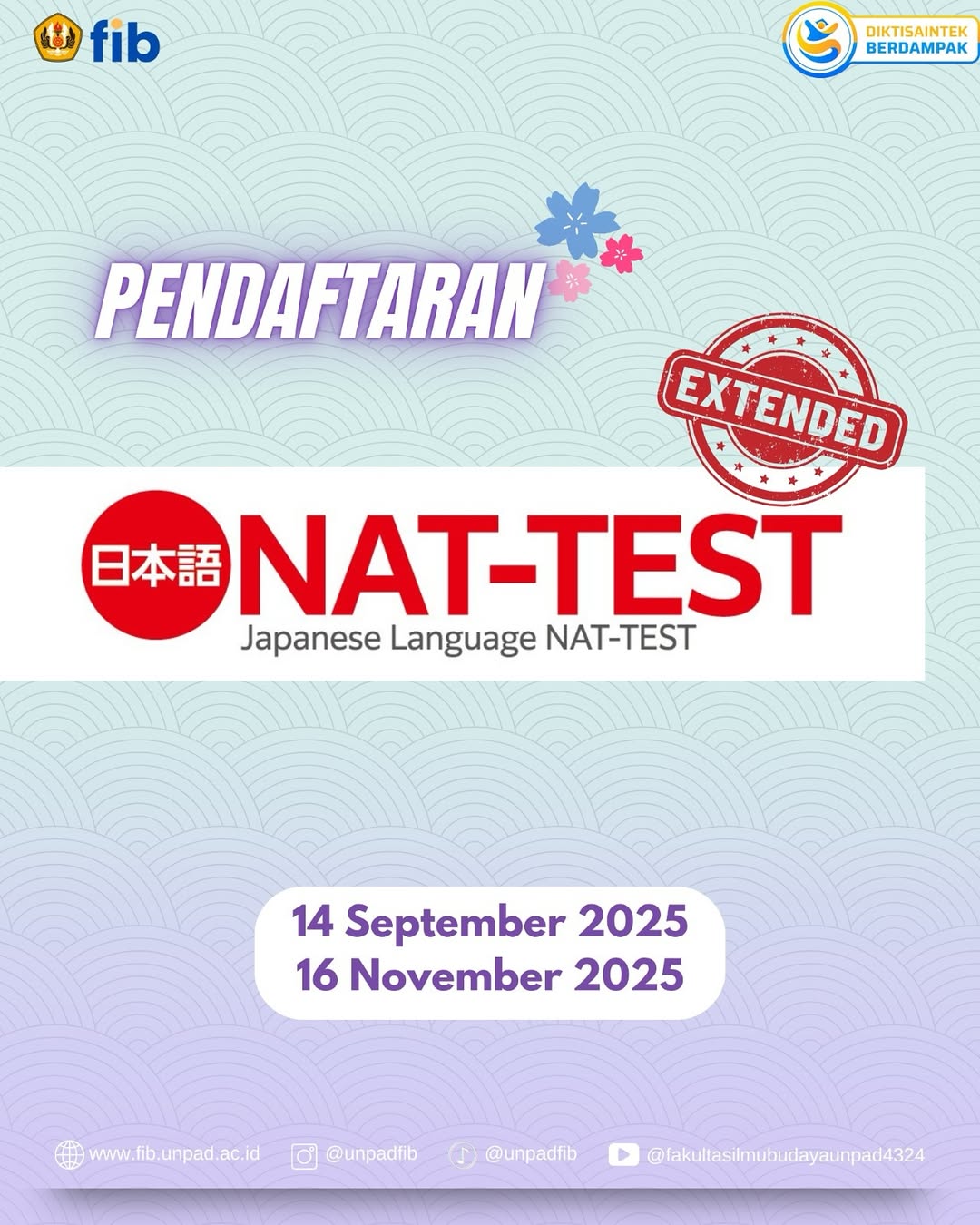
Fikom Unpad Organizes Public Discussion Webinar: Inviting the Community to Increase Involvement in Public Participation
Political policies are actually born for the common welfare. This is because the policies that are formulated are intended for the community. Thus, the community should be sensitive to all policies and issues that occur around them and respond critically.
In order to encourage public participation in this regard, the Faculty of Communication Sciences, Universitas Padjadjaran organized a public discussion webinar with the theme, “Inviting Citizens to Handle Public Issues Towards 2024.” This webinar activity was held on Tuesday (11/7/2023).
The discussion was attended by professionals in the field of communication and politics, and supported by the Faculty of Cultural Sciences (FIB) Unpad. The speakers included Center for Communication, Media and Cultural Studies (Fikom Unpad) researcher Detta Rahmawan, Sekolah Tinggi Hukum Indonesia Jentera Bivitri Susanti, writer Kalis Mardiasih, and Sustainable Madani Foundation representative Nadia Hadad. Several policy recommendations presented by the speakers were further studied in order to increase opportunities for public participation.
Researcher at the Center for Communication, Media and Culture Studies (Fikom Unpad) Detta Rahmawan conveyed the results of interviews and discussions that had been conducted with 37 speakers in the 2021-2023 period. Based on the results of these observations, it was found that the issue of participation had not been discussed optimally and tended to decline.
In this discussion, Detta also added that the discussion was held because the opening of participation channels by the government and parliament was administrative and not yet substantial. This causes unrest in the community towards the legislative process, which is a sign of the lack of optimization of public participation.
In this regard, Detta hoped that the government and the public are able to collaborate with each other in order to communicate participation issues. Public participation in this case can occur in the decision-making process that involves the active role of the community. This also needs to be supported by the community’s efforts to participate in public discussions related to political issues.
In line with Detta, Bivitri states that participation that often occurs in society is generally narrowed down to the scope of elections. This causes “citizen participation” to be considered equivalent to “voter participation.” On the other hand, the practice of participation is generally limited to the presence and participation of citizens in the election of members of parliament and the president.
However, the ideal participation is to consider the public voice in every aspect of government and statehood.
In addition to Detta and Bivitri, Kalis also argued that the role of the community in this field can occur by including a deep understanding or legal literacy. Nadia also stated that the demographic bonus faced by Indonesia can actually be an opportunity to expand the channels of public participation.
Writer: Maria Imanuella Dewi Sekartaji
Translator: Jauza Maryam Mumtazah




